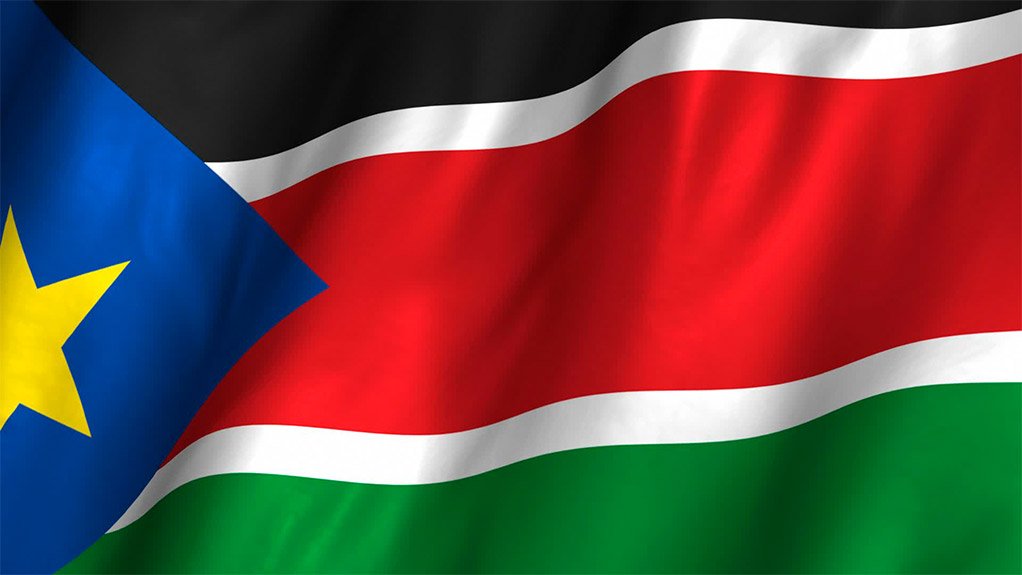War-ravaged South Sudan has hiked work permit fees 100-fold for foreign aid workers to $10,000, officials said, despite suffering from famine.
The world's youngest nation has been mired in civil war since 2013, when President Salva Kiir fired his deputy Riek Machar, sparking a conflict that has increasingly split the country along ethnic lines.
Last month, the United Nations declared that parts of the country are experiencing famine, the first time the world has faced such a catastrophe in six years.
Nearly half of the population - about 5.5 million people - is expected to lack a reliable source of food by July.
READ MORE: Dying of hunger: What is a famine?
Despite the catastrophe, Juba will now charge $10,000 for foreigners working in a "professional" capacity, $2,000 for "blue collar" employees and $1,000 for "casual workers" from March 1, the labour ministry said in a decree.
Edmund Yakani, executive director of the local charity Community Empowerment for Progress Organizations (CEPO), said the move aimed to reduce the number of humanitarian workers.
"Actually, the work permit is too expensive for humanitarian workers, since over 90 percent of the foreigners seeking to work in South Sudan are humanitarian workers", he told Reuters news agency.
Aid groups say they often face restrictions in South Sudan. In December, Juba expelled the country director of the Norwegian Refugee Council (NRC) after security agents held him without charge for more than 24 hours.
The UN defines famine as a situation in which at least a fifth of the households in a region face extreme food shortages, acute malnutrition rates exceed 30 percent, and two or more people in every 10,000 are dying each day.
The fighting has uprooted more than 3 million people. Continuing displacement presents "heightened risks of prolonged (food) underproduction into 2018," the UN said in a report last month.
EMAIL THIS ARTICLE SAVE THIS ARTICLE
To subscribe email subscriptions@creamermedia.co.za or click here
To advertise email advertising@creamermedia.co.za or click here











